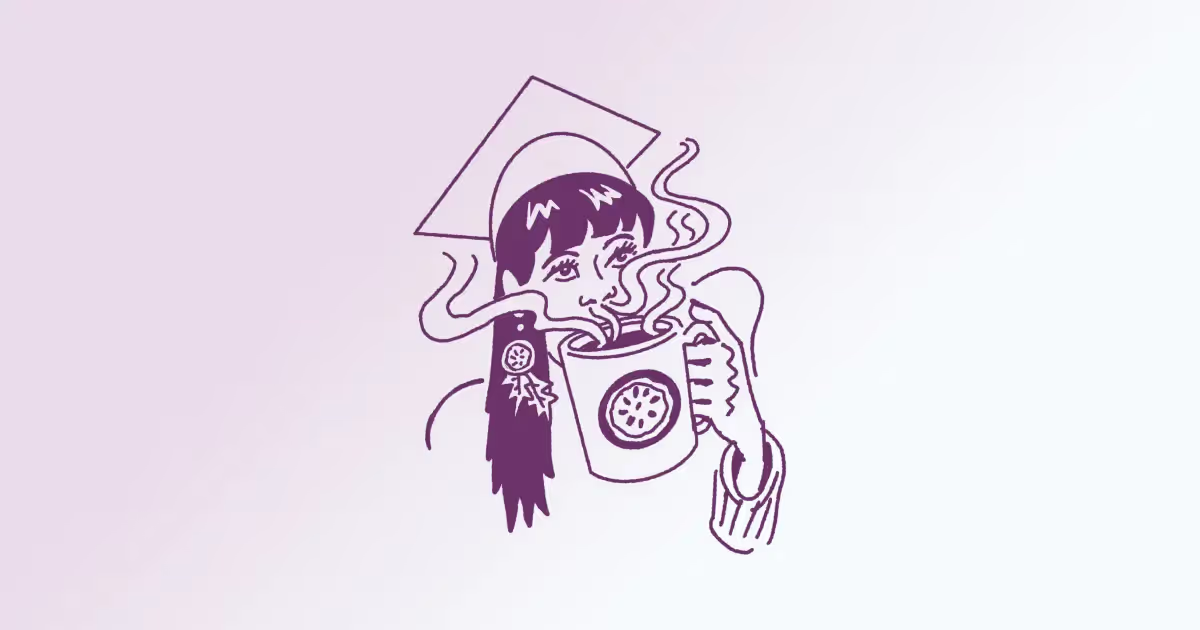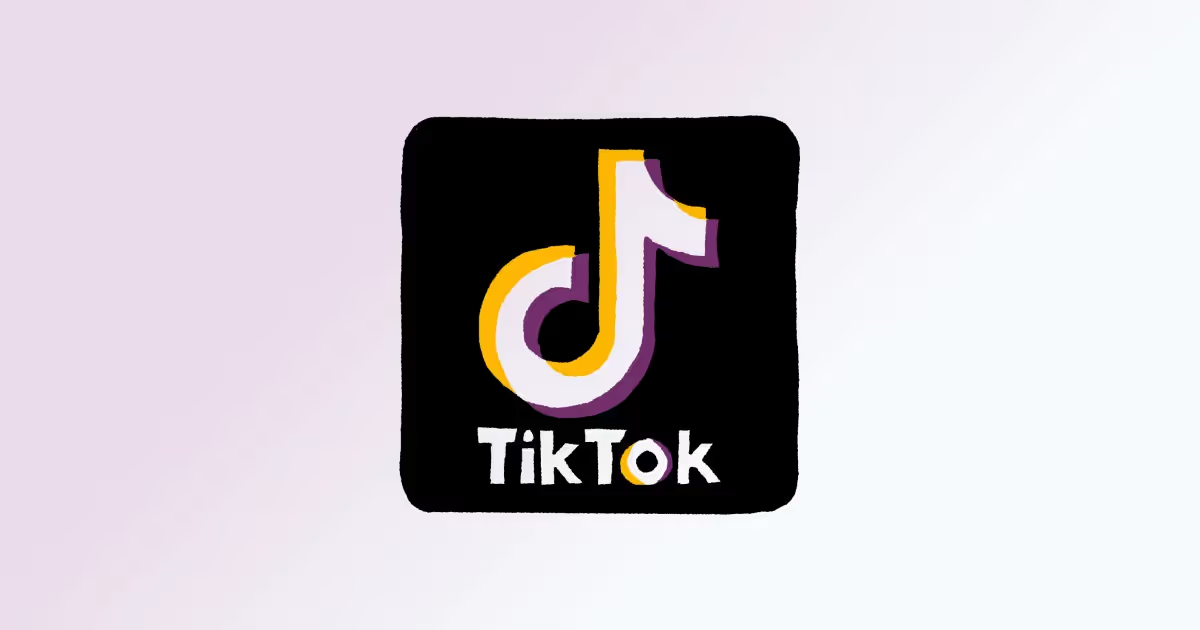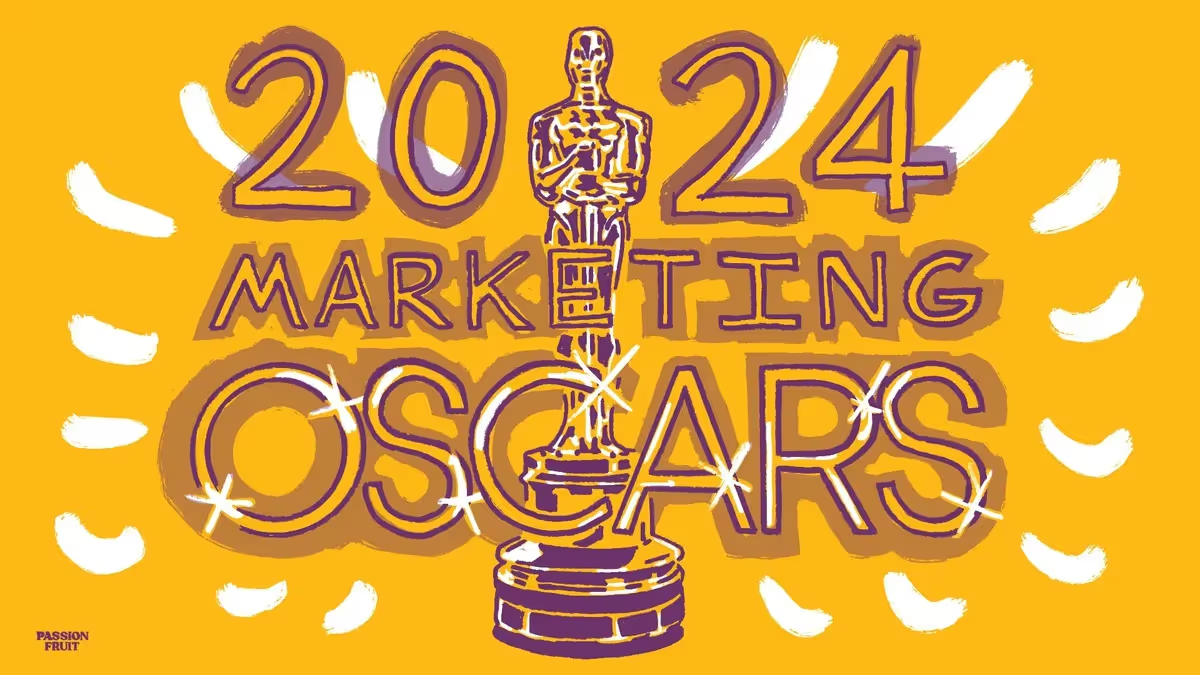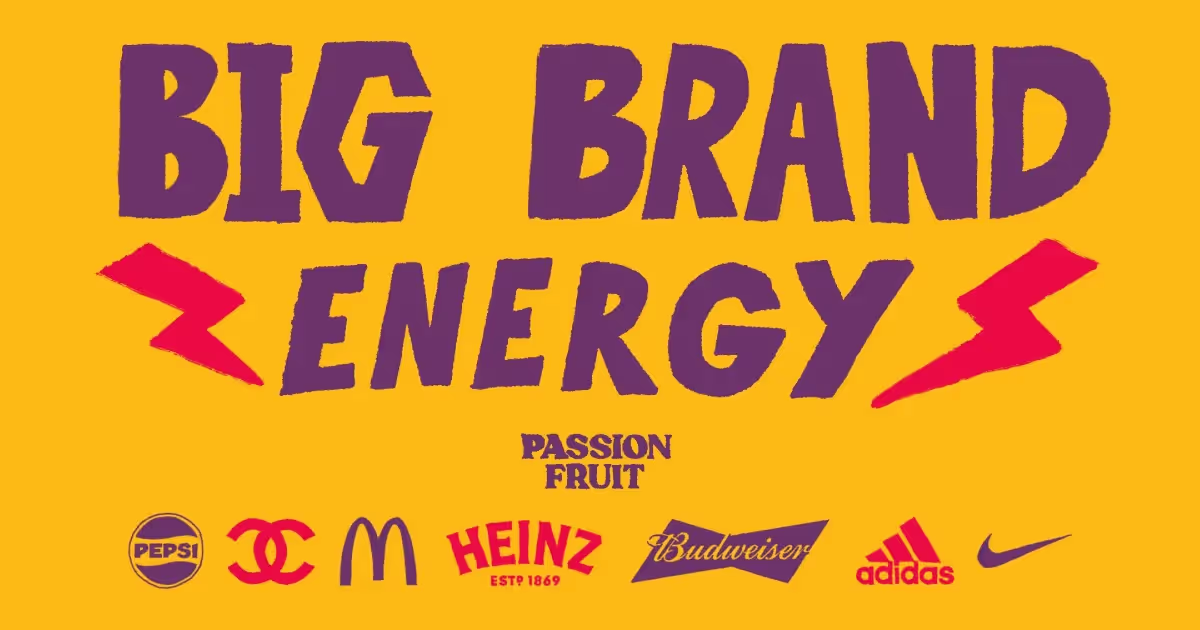The world spends trillions treating type 2 diabetes and prediabetes, throwing pills at the problem and focusing on disease management—all while ignoring the underlying causes.
We at Passionfruit have seen this flawed system up close and personal, and no doubt many of our readers have also had their lives affected by the disease in one way or another.
After Habitual became one of Passionfruit’s early users - we reached out to their co-founder Napala R. Pratini to learn more about how they were tackling this issue.
For context, Habitual is a startup, backed by Seedcamp, MMC and other angel investors, which harnesses innovations in digital therapeutics combined with rigorously validated nutritional strategies to deliver scalable, personalised, and effective treatment for type 2 diabetes and prediabetes.
In this interview we cover:
- how technology is changing the way we can care for the most vulnerable in our society
- how a healthcare company is approaching marketing with lessons learned from companies as diverse as Casper and Co-Star
- what founders should bear in mind about their own health when fundraising
What’s one thing that’s going to be big which not a lot of people are talking about right now?
The thing that we are thinking a lot about over here at Habitual is something called continuous glucose monitoring (CGM). Up until recently, to know what your blood glucose levels were, you'd have to prick your finger and then put a little strip into a device. What has happened from a device perspective is that we now have the capability to monitor blood glucose levels continuously. Right now, that exists in a patch-based technology that you put on your arm, and it links to an app on your phone. But in the next year or so that's going to come on to devices like the Apple Watch and the Samsung Watch. This is completely revolutionary from a diabetes care perspective… and even for the average health-conscious person - because blood glucose spikes and dips have a huge impact on overall health, on energy, on moods, etc. From a diabetes perspective, because this data will just be passively collected by their device and then put onto their phone, we expect awareness and diagnoses to go up a lot. But then also, equally as important, is the fact that what we've traditionally thought of as something that you do in a doctor's office, that tool is coming directly into the hands of or onto the wrist of a consumer.
We can all get a bit obsessive about these things and to feel like you have the power to monitor and optimize this is super exciting.
Yeah, and blood glucose is one of those things that is unique to the individual. So two people could both eat the exact same cookie and have a completely different blood glucose response. So the first step is ease of access to that data (which is coming). And then the next step is how do you make that data useful and extract trends such that you can give a personal response: i.e. this is what we would recommend you doing, eat less of this food, do more exercise at this time, etc.
How do you think this will impact how treatment works?
It's important to say that there is no silver bullet to health. CGM is not going to be the answer to obesity, or to type two diabetes, or to heart disease. There is still this huge component of it that is behavioural. There's one aspect, which is giving people the right information to be able to make the right decisions, but on the other hand, if they still continue to engage in unhealthy behaviours, that knowledge isn’t so useful.
I think we'll see a split. On the one hand, you’ll have the super healthy optimisers, who want to make sure they eat exactly the right ratio of protein before they do their CrossFit workout, and then something different before they go swimming. And that is a huge market in its own right. But for people who are not yet health optimizers, this is an opportunity to get them more engaged in their health and to do so a bit passively if we're already collecting the data on devices.
With this in mind, how are you thinking from a brand perspective about your different audience personas?
There are certainly some health optimisers with type two diabetes, but, in general, poor diet and lack of exercise are key factors in the development of the disease. So we aren’t looking for the optimisers, but rather trying to help people make the shift to becoming a health optimizer, to becoming somebody who's engaged with their health... and many of these people are a bit disengaged to start with.
In terms of how we break down personas, we think about it more in terms of psychographics. Rather than demographic targeting, like “30 to 50, female, two kids” type of persona, we think of in terms of motivation levels to make a change, because, for us, the people who are most motivated are the ones who tend to be most successful on the program. We've seen this be true in our private trial, and now even in our public trial. It’s more about: how do you find the person at the time in their life - often after a diagnosis, an increase in medications, or even a big life event - how do you find people in those moments when they are most motivated to make a change?
It's a unique funnel in the sense that some factors are beyond your control. How are you thinking about isolating those moments that matter and going after them?
We’ve done a bit of optimisation for moments like diagnosis, but with limited success. If you look at a paid marketing funnel on Facebook, for example, you're going to end up with this huge pool of people at the top, and if you can get them in and capture their contact details, then you at least have a touch point with them.
Part of the reason we're working with Passionfruit on copy and content is that our job then is to keep that person engaged as they sit in the funnel for 1,2,3,4+ months. We have people transacting today who've been sitting in our funnel since last year. They've been waiting for the right moment, and for their motivation to be high enough to commit to a programme like ours. Often it's not that we sent a promotion, but rather that we've been staying top of mind through newsletters and via our free diabetes remission community. By providing value continually, we’re the first thing that comes to mind when someone is ready to make a change.
Maybe it is linked to this in terms of learnings you've had but the next question is a bit open ended, it’s simply: don't make this mistake…? What does that bring up for you?
We've done a lot of fundraising in our journey, as a lot of startups will. It can be a bit of a black box, particularly for first time founders. If you're going on an angel or VC fundraising journey, you're inevitably going to get a bunch of rejections. And it's really hard not to take rejections personally. So my advice would be don't make the mistake of letting it get you down. Investors say no for this huge range of reasons - often not even related to you or your company. You have to remember that you know your business way better than they do. They see hundreds of deals, so they can't get into the weeds like you can. So while it’s important to take feedback, don’t let it get to you.
Is there company out there that you really admire?
Personally, I'm super picky when it comes to copy. It's such an important part of building a brand. I unsubscribe from every newsletter, I delete apps - I'm the worst consumer. But any brand that sticks with me for years is usually because they have good copy! We have a list of brand inspiration, and on the copy front one is Co-Star; the app for horoscopes. I'm not a horoscope person, but their notifications are just these little delightful pieces of random information, random thoughts for the day. And it's the only time you get a notification on your phone that doesn't require you to do something. And I've kept that app for years; I rarely even open it. The other one that does a great job with email marketing copy specifically is called Reformation. It's a women's clothing company in the USA and they've been built from day one on the pillars of sustainability. Every single email they write makes me chuckle. So I continue to subscribe and to open every single email, even though I haven't bought anything from them in years.
We often talk about companies, every company being a media company, but it's amazing to think that there are companies with which you don't have any transactional relationship but you just enjoy the way they speak to you. It’s cool that a brand could be that in your life.
Also - just because I'm not transacting now doesn't mean I won’t later. Another company that does a great job here is Casper, the mattress company. I bought a mattress from them about eight years ago in San Francisco. It was back when there were no other startup mattress companies, and their Twitter was so on-point, their newsletter was called the snoozeletter… Again, it was the copy and personality of the brand that hooked me… I haven't needed a mattress in eight years, but if I were to go out and buy a mattress I would 100% go and buy Casper. I wouldn't bother looking at all these other ones just because their brand personality really resonated with me.
If I were the Casper CMO, I'd be delighted that some copy from eight years ago is still moving the needle!
That’s exactly what I want us to build at Habitual. It's a lot harder when you're in the health space, because you have a lot of opinions, lots of bad information to sift through, and you have the whole question of trust. It doesn't just have to just be fun and witty, but useful and correct. But that's my goal for what we're building here from a marketing and brand perspective.
What is the one thing you wish you'd known when you started out?
I would have loved to know how to code. But I think that ship has sailed! To give you a serious answer, both my co founder and I are first time founders, and you often feel like you need to have it all figured out. Especially if you've never done it before, you start thinking... if this were our second or third company, we would definitely know the answer to that question! But now I think probably no matter how many times you do it, the answer to the question is never going to be the same. So it's really just about figuring out what is our plan for the next couple weeks and for the next couple months. For us, marketing and user acquisition is still a huge unknown: we are operating under the assumption that we can build out a big and compelling brand with personality, but we're still trying! We're still testing our funnel, we're still figuring out what channels are going to work, what the right punchy messages are, who are our key users, etc. As long as you're making progress towards answering the big questions, that's all you need to do. It's easy to get stressed out about not having the answers immediately, but for a lot of the big and interesting questions there isn't going to be an immediate answer.
It's great advice. It's often tempting to think that there is this other side where everything falls into place, that there’s the “aha” moment, but it does seem to be something you're chasing, rather than ever having and holding in your hands.
For sure. Just taking it back to the investors a bit: investors will always ask the hard questions… For instance, how are you going to drive consumer growth for expensive food products in the health space? Again, you don't have to have the end conclusion to that, but you need to give them faith, you need to give your team faith that you have a plan to get there. Just do some small things to get you to the next step. And you'll get there eventually, hopefully - with any luck!
Our last question is around a resource: something you listen to, watch, read? Maybe not a newsletter from the sounds of things! But something you'd recommend to other founders.
I really enjoy listening to global news podcasts. I do it every morning. Read the news, read Twitter, whatever it is, but getting your head out of what you're doing on a day to day basis is really important. Sometimes I'll spend my time on something more “useful” and related to the day to day of the job. I'll listen to a podcast about growth or about a product, and those things are amazing. I definitely suggest expanding your mind in terms of your problems in the company and then figure out what interesting people have to say about them.
But it is important to get your mind off it as well. So for me that's listening to a news podcast, but that's not going to be the answer for everybody. Maybe it's reading a fiction book, some type of music, whatever it is, but just getting out of your head a bit and remembering that there's a world outside all of the glorious things that you're doing every day.
So that’s my advice for what to listen to/read. In terms of advice on what to do, it comes back to a lot of the work that we did early on in the company about nutritional advice. We went on deep dives down every rabbit hole in nutritional research to figure out the best advice we can give people related to sugars, carbs, dairy, protein, etc. We looked at the microbiome, we looked at all the different factors, and basically if there's one piece of nutritional advice to give anybody, including founders, it's just not to eat processed foods.
Obviously there are nuances to that, but it’s easy, especially as a founder, to get into the bad habits of not exercising, eating poorly, eating whatever is in the fridge or whatever you can get on delivery quickly. But it's super important to stay healthy for your mental health, your physical health, and across the board avoiding processed foods is the easiest piece of advice.
Have you cut them out completely then?
To be honest, I haven't. But that's also something that we talk about a lot with our patients, which is it's all about balance. There's no doubt that certain things are good for your biology, but there's also a mental health piece of it. If you're depriving yourself of every single treat in your life, there's also a mental impact. So for us as a team, but also what we tell our patients, the most important thing is to have an overall healthy lifestyle. Part of that is allowing yourself a treat once in a while because you want it and the happiness that that brings you is probably much better than you know the short term negative impact.







